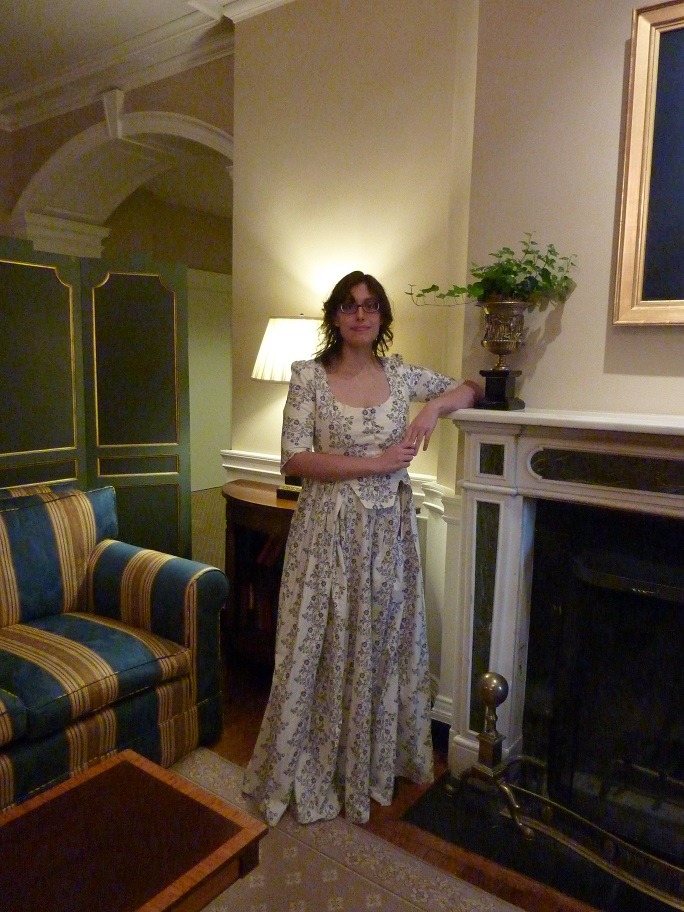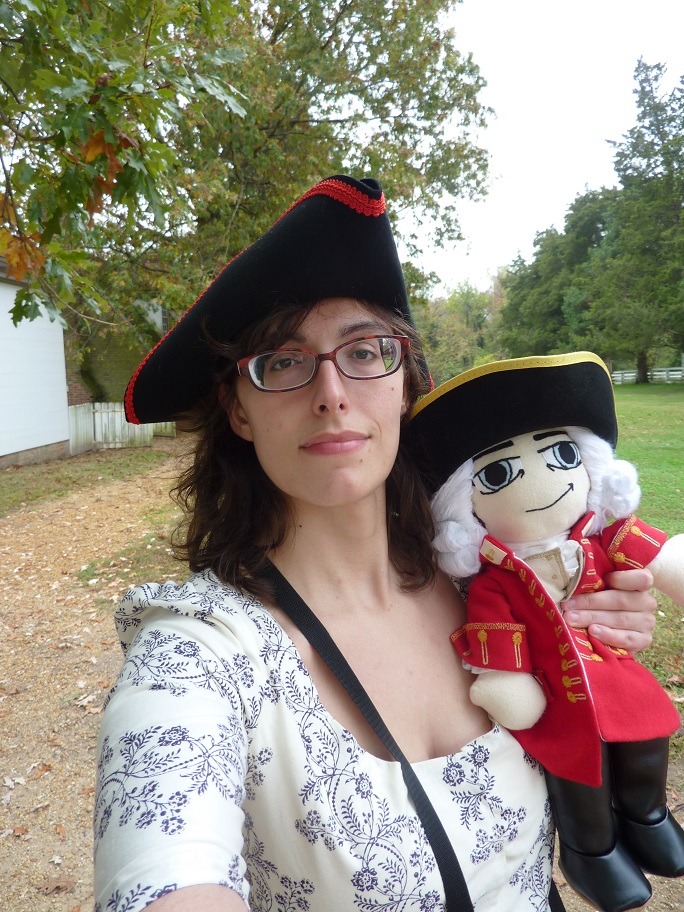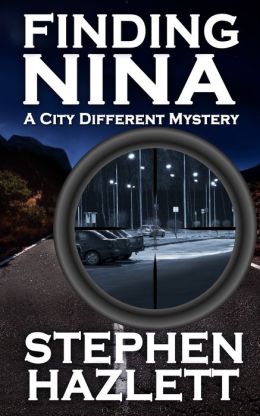The White-Luck Warrior would take one look at one page of Heaven's Needle and run away crying.
Which is why, despite it being marketed as high fantasy, Heaven's Needle is my review of choice for Hallow's Eve this year.
(That's a warning, by the way, that the following review will contain disturbing imagery and if you aren't up for that, especially if you're currently eating tasty food, feel free to visit a different webpage).

The prologue includes a nice grisly bit about people exploding, proving this is going to be far more twisted than previous The River King's Road if nothing else. Of course, we should expect more twistedness, given the Sun Knight Sir Kelland has been kidnapped and imprisoned by the sadomasochistic Thorns, whose magic depends on their worship of the goddess Kliasta through disfigurement and torture. His friend and would-be lover, Bitharn, is on her way to rescue him. But doing so involves deceiving and betraying their own order of paladins serving the sun goddess Celestia. She frees Malentir, a Thornlord imprisoned by the Celestians, in order to have a prisoner exchange.
Meanwhile, Kelland is discovering moral complexities of his own in conversation with the leader of the Thorns, called the Spider. Here the Thorns rise above standard villain fare by revealing discipline and philosophy. For one thing, these vicious clerics are truthbound, which the Spider explains is because "the truth hurts worse" than any lie. It's still interesting that the villains of the previous book are suddenly revealed as...not exactly trustworthy, but more complex than they were at first. The Spider is also deeply in love with her husband (and their relationship has definite consensual BDSM undertones, which is confusing to the chaste Sun Knight but not represented as a sign of their Evilness. Although, alas, I miss the days of R.A. Salvatore's sadistic sorceresses and their captive elves, it was refreshing to see BDSM as a humanizing element to an evil character, rather than Bad People Having Bad Sex). Speaking of confusing the chaste Sun Knight, the Spider further sends Kelland for a spin by teaching him of a Celestian heresy that allows sexual activity within a committed relationship. In short, only casual sex is bad for Celestians. Given Celestia is the moral arbiter of this story's universe, I feel like She's going both too far (celibacy, according to my Catholic upbringing, is the sacrifice of emotional as well as sensual intimacy) and not far enough (what's so wrong with casual sex?).
This is all extremely interesting to me, if the thick paragraph above hadn't tipped you off. Unfortunately, one of my pet peeves from The River Kings' Road carried over--the flashbacks. "Have you heard of this fortress?" Character A asks. Character B has heard of the fortress, and now we the readers will to, in the form of a 2-page flashback/lecture. Then Character B replies to A, "Yes, I've heard of it. <Pithy 1-sentence summary of the lecture that tells us all we really needed to know for the story to move forward.>"
Enjoying this series involves some level of acceptance of the fact that every chapter or so will contain a mini-short-story setting up background information that is perhaps 30-50% relevant. I get some fantasy fans really enjoy the worldbuilding. I usually do, too, but I like it to be subtler and more connected to the action of the story. Especially because there's enough to unpack in this story.
Our villain (or at least one of them), Corban, starts down the road to ruin by trying to democratize magic, which has previously been the realm solely of the gods. Unfortunately, he decides to democratize war magic, as that's where the greatest popular demand is. Even more unfortunately, this magic isn't actually free of the gods after all--it comes from Maol, god of Madness. This is why tracing your supply chain is important, everyone.
That said, the idea of god-free magic is very tantalizing to those of a more agnostic strain of thought, and I feel the theocracy of the Celestian Sun Knights goes unexamined. Especially as Bitharn goes to prove the Celestians are not flawless avatars of the good.
I said about the previous book that this world's Viking-analogues were very close to historic Vikings, but I was incorrect. They turn out to be more misogynistic (not hard, actually, as the Vikings allowed women to own property, divorce, and many other useful rights) and this paves the way for a new character, the gender-role-crossing Sword Maiden Asharre. Asharre is mourning the loss of her sister, a Celestian cleric, when she is given the job of playing bodyguard to two new clerics as they travel to their first assignment.
It doesn't go well.
Kliasta, the goddess of the Thornlords, has driven her followers to pluck out their eyes, disfigure themselves, and devise some really amazing torture devices. Thorns still flock to her in steady numbers. The followers of Baoz, god of war, are the topic of some really horrible visions inflicted on Asharre as she crossed a booby-trapped bridge. Boaz is still pretty popular among solider types, who come to him willingly. But Maol, bloody four-armed Maol, is so wrong that he doesn't have volunteer converts; instead His spirit just sort of comes where it will, inflicting body horror and insanity.
He's taken over the town where our baby clerics and babysitter Asharre are going preaching.
If the scene where a ferret claws out its own guts hasn't proved enough warning, I'll just lay down the line: do not eat, and be careful of drinking, anything at all after page 200. I giggled through MangaMinx's Amnesia playthroughs, and this book was too much for me (not literally too much, but...I'm pretty sure you understand what I mean. If this were a movie I'd be hiding behind the couch). Body horror transformations, torture porn, and scary creatures chasing the protagonists through the night abound. There's also helpings of sexual assault (consider yourselves trigger warned), no child immortality, and pleas from mercy coming from orifices that shouldn't even work as mouths.
To defeat this haunting/manifestation/curse, Kelland and Bitharn find themselves working alongside Kliastans, who are not only safer than the alternative but also more stylish. You know it's bad when I prefer the aesthetic of missing-eyeball body modifications, although for the record, Malentir's thorned bracelets? Stylish.
Aside from the Amnesia games, this book also reminded me of C.S. Friedman's Coldfire trilogy, if only for the surface similarity of sun clerics fighting the powers of darkness against a fantasy-horror background. Coldfire, though, had much more depth and the worldbuilding felt more rigorous--appropriately, as among its mash of genres there was a healthy dose of science fiction. Heaven's Needle seemed to miss the chance for deeper examinations of its premises in places like Celestian theocracy (also, Celestia appears to be the only benevolent deity in this universe). There was a nice bit of mindfuck, a twist I'm not even sure was played straight or not, when Asharre's horrific visions turn out to be helpful in defeating Maol, who uses terror to distract her from a path to salvation. Or maybe it was a double-blind taking advantage of reverse psychology. I'm not certain.
The Celestian plotline inflicts a specific cruelty masterfully in a way Coldfire also achieved and R. Scott Bakker's opus, though brilliant in other ways, hasn't managed: it holds out cosmic virtue alongside cosmic evil, revealing a right path that is neither good nor easy. Given Celestia exists, and Her precepts are good, and Her servants seek to ease suffering, and all this is self-evident, there's no excuse for Asharre, Bitharn, or Kelland to turn away from the frequently gruesome demands of their quest in Her service. In Bakker's universe you (especially as the reader, but as a character to) can toss up your hands at an especially grotesque im/moral scenario and live on in a selfish state of apathy. Perhaps some children have to be sacrificed so you can keep living, but oh well; the universe sucks and once you accept that, things make a sort of sense. Not so here. Serving Celestia may require you to let some children be sacrificed, and that makes it your duty to let them die, and this is a fact that coexists with the goodness of Celestia and, holy heck, my Catholic upbringing didn't prepare me for this (lies, it totally did and I'm drinking it up).
I was hoping for more tie in with The River Kings' Road, which I didn't feel had concluded the stories of all its characters, but Bitharn and Kelland are the only ones who carry over. I think the Thornlady in Road was acting as part of a long-term plot the Thorns had to capture a Sun Knight, all so they can secure Kelland and Bitharn's cooperation against Maol, but I'm not actually sure. Meanwhile, Brys Tarnell isn't ever gonna get his redemptive arc, is he (which is fine, but then why all the backstory?). I'm not even certain if the series will continue or rest as a duology. If there is a third book coming, I hope it's a bit lighter in tone--maybe fluffy scenes of the Spider and her husband beating each other up and conquering the world. Yes, that would be a great deal cheerier.
Final judgement: I haven't read a really horrifying book in a long time, and it was oddly fun to give in to the occasional urge to whimper Liane Merciel, NO, have mercy!. It was also an interesting book to compare/contrast with The White-Luck Warrior, which I thought was scary at the time but is now regulated to merely grimdark swords and sorcery ("merely" meaning "on an unprecedentedly epic scale," but it didn't touch me in the deeply, emotionally violating sense Heaven's Needle did).
Read it if: you want to prove your toughness, enjoy some twisted dark gods, and, yes, see Kelland and Bitharn get their happy ending--whether or not you feel they deserve it after everything they allowed to happen in this book.
Do not read if: you dislike dead children, have extreme triggers for gore, and never want to picture intestines as a mode of locomotion. Oops, sorry, that mental image is here to stay. I don't see why I should suffer it alone.
Links:
Goodreads
LibraryThing
Amazon
Barnes and Noble
Kobo
iTunes









